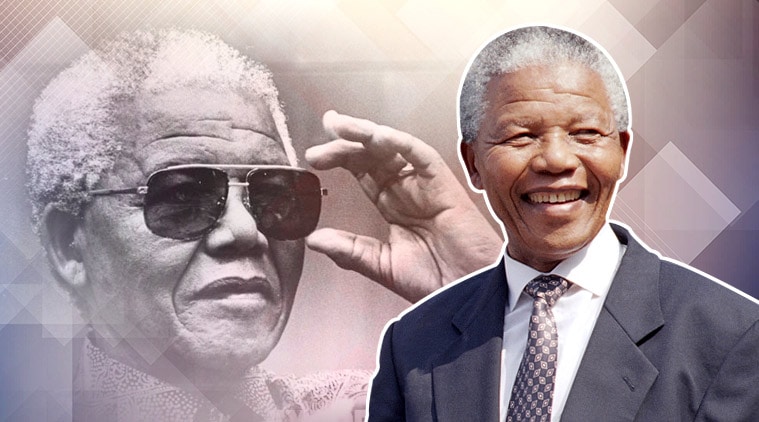
Adopted by the United Nations in honour of Nelson Mandela, South Africa’s first democratically-elected black President, Mandela Day is celebrated every year on July 18. Also known as Nelson Mandela International Day, it is a day to remember the leader’s achievements in working towards conflict resolution, democracy, human rights, peace, and reconciliation.
While the first Mandela Day was observed in New York on July 18, 2009, the United Nations’ resolution to declare the day happened later that year on November 10, 2009. It was on this day that the United Nations General Assembly adopted a resolution declaring July 18, his birthday, as Nelson Mandela International Day.
Mandela, who was sworn in as the President of South Africa on May, 10 1994, had concluded his inauguration speech on a soaring note. “We have at last, achieved our political emancipation — we pledge ourselves to liberate all our people from the continuing bondage of poverty, deprivation, suffering, gender and other discrimination. The sun shall never set on so glorious a human achievement. Let freedom reign. God bless Africa.”
The South African activist’s life-long struggle to fight against apartheid is known as one of the greatest struggles.
“During my lifetime, I have dedicated myself to this struggle of the African people. I have fought against white domination and I have fought against black domination. I have cherished the ideal of a democratic and free society in which all persons live together in harmony and with equal opportunities. It is an ideal which I hope to live for and to achieve. But if needs be, it is an ideal for which I am prepared to die.” This was the final paragraph of the statement Mandela made in court before being sentenced to life imprisonment in June 1964.
The anti-apartheid revolutionary, who passed away in 2013, was known to show commanding presence, natural grace and sangfroid.
Here are some lesser-known facts about the global leader.
*Born in Mvezo, South Africa, on July 18th, 1918 his real name was Rolihlahla (or ‘troublemaker’ in the African language Xhosa) Mandela. He was named Nelson by his elementary school teacher.
*Mandela began his studies for a Bachelor of Arts degree at the University of Fort Hare in South Africa but could not complete the degree there as he was expelled for joining in a student protest.
*Mandela and his cousin Justice ran away from home in 1941 to avoid arranged marriages. He eventually settled in Johannesburg.
*A two-year diploma in law allowed Mandela to practise law, and in August 1952 he and Oliver Tambo established South Africa’s first black law firm, Mandela & Tambo.
*While in prison, he was inspired by the poem Invictus by William Ernest Henley, which he read out to his fellow inmates. Here is a quote from the poem:
“It matters not how strait the gate, How charged with punishments the scroll. I am the master of my fate: I am the captain of my soul.”
*Because of the harsh working conditions while he as imprisoned, Mandela’s eyesight was permanently damaged from the glare of the sun while he did hard labour.
*He became the oldest person to be elected to office when he was elected President in 1994 in South Africa’s first democratic election.
* Madiba dealt with tuberculosis during his days of imprisonment.
*Sports were a part of his life even during his time as a political prisoner at Robben Island. There, he helped to form a very limited sports program in the isolation section. He and other prisoners became fans of the prison soccer teams that would play weekly matches in the general section of the prison.
*Mandela was known to be passionate about the “science of boxing”. “I did not like the violence of boxing. I was more interested in the science of it – how you move your body to protect yourself, how you use a plan to attack and retreat, and how you pace yourself through a fight,” he said in his biography.
*Mandela loved eating tripe, which is the stomach lining of farm animals including cattle and sheep.
*He received nearly 700 awards in his lifetime including the 1993 Nobel Peace Prize, and co-authored the book How Far We Slaves Have Come! with Cuban leader Fidel Castro.
*He has a nuclear particle named after him. Leeds University honoured him by naming a particle Mandela in 1973.